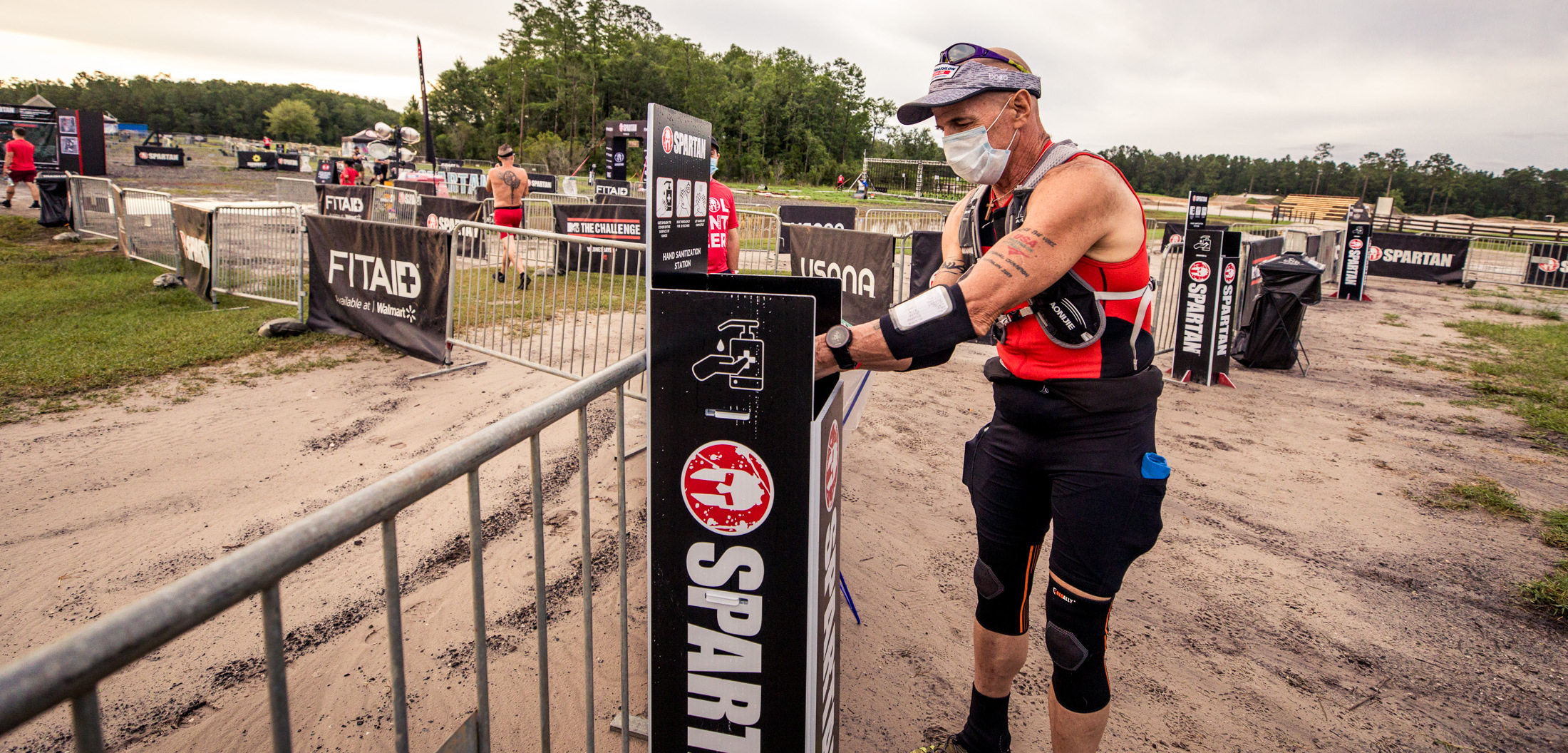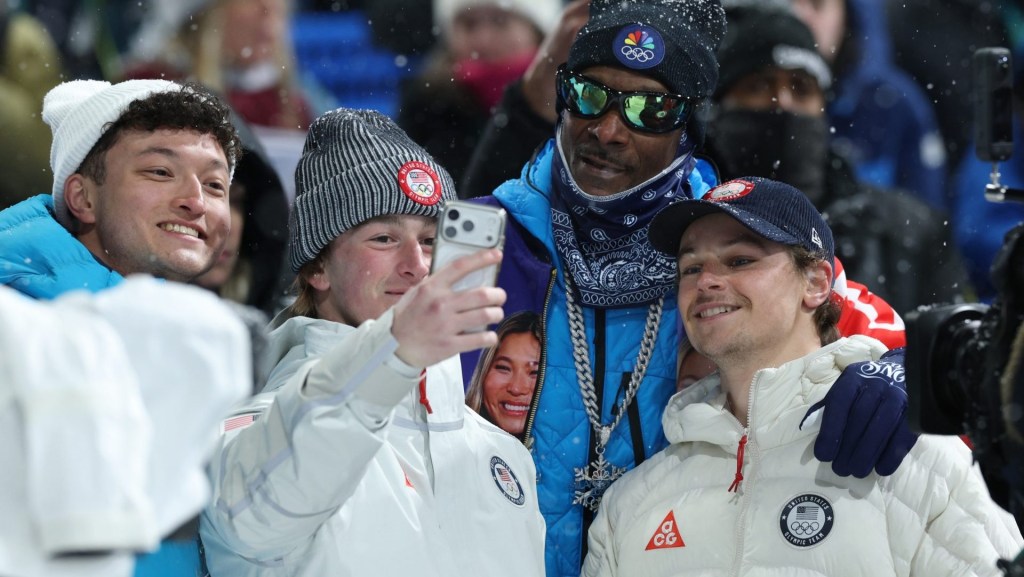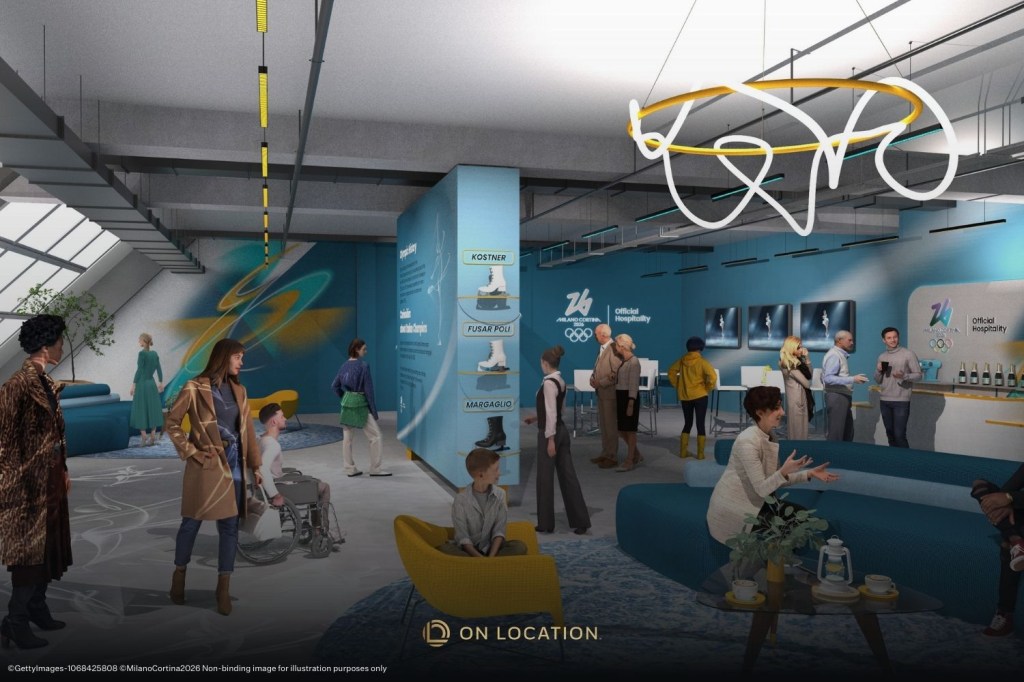Spartan Race CEO and co-founder Joe De Sena spearheaded a purchase of rival obstacle course racing series Tough Mudder out of bankruptcy, a deal that was finalized in February 2020.
Then the pandemic hit.
“We’ve been asking people for many years to get way outside their comfort zone and do tough things, and, in many cases, do scary things for them,” De Sena told Front Office Sports. “So, here we were dealing with the worst thing we could possibly deal with: a global shutdown. We would be frauds if we blinked, crawled in the corner and started crying.”
The pandemic forced an estimated 15,000-20,000 traditional racing events to be canceled or postponed last year, according to industry trade group Running USA.
There have only been a handful of events run so far in 2021 with major road races like the Boston Marathon — which was canceled last year and traditionally would run on Monday (Patriot’s Day) — was rescheduled for Oct. 11. Rock ‘N’ Roll Marathon and other road racing outfits have also pushed events to the fall.
Spartan Race received $4 million from the federal Paycheck Protection Plan (PPP) as the company pivoted to virtual races in 2020, outside one event in Jacksonville last June.
“We needed some PPP and it definitely helped, so it was nice we had access to it,” De Sena said. “The better story — and an unbelievable story — is that customers were sending us checks. I’d receive a check and note. It was mostly small money, like 10 bucks. Recently, somebody sent a check for a million dollars.”
De Sena declined to give the name of that contributor, although the note to him that accompanied the check read: “You guys do great stuff. We have to make sure you keep doing what you do.”
The pandemic hit as many forms of racing had seen a gradual dip in participation for years. Participation peaked for road races such as marathons and 5Ks at about 19 million in 2013 to an estimated 17.6 million in 2019, according to Running USA.
Running USA CEO Dawna Stone told Front Office Sports that the pandemic shutdown could result in “a little bit of a mini-boom” for the industry once races resume as normal.
“It won’t be like the boom we saw (a few years ago), but I do think we’re going to see a kind of reigniting our industry,” Stone said. “There are so many studies that talk about the number of people that are actually out there running and walking more than ever before. If we do our jobs right in the running industry, I hope we are able to capture some of them and continue to have them be outdoors with us and running and walking.”
There have been a handful of events in 2021 already with smaller participation caps and other measures to limit the spread of COVID-19. That includes four Spartan Races in the U.S. so far this year.
Tough Mudder CEO Kyle McLaughlin said the demand for races in 2021 has surged beyond the participants who were forced to defer their 2020 registrations to this year because of the pandemic.
“We’ve kept them engaged through COVID and they are now coming back,” McLaughlin said. “Absence makes the heart grow fonder. There are people who were already of the brand coming back, but also the millions of people who took up running or cycling or have been working out in their basement or garage over the past year haven’t an outlet to actually put that to work. The number of new customers is off the charts right now.”
The first Tough Mudder event since December 2019 is slated for April 24-25 outside of Atlanta. It will run with about a third of the traditional capacity, pre-event health screening survey and event workers/volunteers in masks, measures implemented with oversight from an epidemiologist the company hired as a consultant.
Spartan Race and Tough Mudder have 64 races total on their U.S. schedules. The average cost for a Spartan Race is $130 and Tough Mudder’s average entry fee is $93. The Atlanta race is expected to sell out its 6,300 slots by week’s end, which would actually be 800 more people than entered the same event in 2019.
“It’s exciting to see,” McLaughlin said. “Hopefully we can start increasing capacity later in the season. Potentially, we could have one of the largest Tough Mudder events later in the year. We know it’s going to be a moving target. We are pretty confident in the calendar, but we may have to push some back and shift things around a little bit.”

![[Subscription Customers Only] Jul 13, 2025; East Rutherford, New Jersey, USA; Chelsea FC midfielder Cole Palmer (10) celebrates winning the final of the 2025 FIFA Club World Cup at MetLife Stadium](https://frontofficesports.com/wp-content/uploads/2026/02/USATSI_26636703-scaled-e1770932227605.jpg?quality=100&w=1024)














